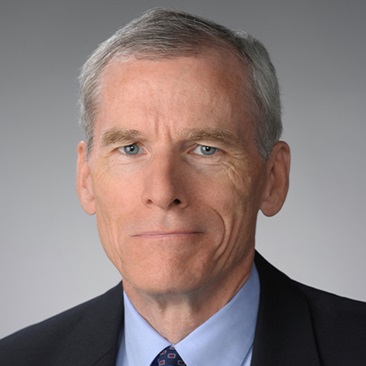Self-Determination
June 21, 2019
In the Indian Health Service, Jennifer Cooper helps assure that programs benefit from local control.
If you are an American Indian or Alaska Native, it is likely you have received services through a health delivery system overseen by the Indian Health Service (IHS). Together, IHS, tribal, and urban health facilities serve more than 2.5 million American Indian and Alaska Native individuals.

Consistent with principles of self-determination, tribes may elect to take over health programs and services previously operated by the IHS, and that’s where Jennifer Cooper ’99 MPA comes in. Within IHS (part of the U.S. Department of Health and Human Services) Cooper directs the Office of Tribal Self-Governance. It guides how IHS partners with tribes who ultimately assume funding and control over IHS programs, services, and activities, allowing tribes to tailor health programs to best meet their citizens’ needs.
Cooper, formerly with the National Indian Health Board, comes to her career by tradition: She is a member of the Seneca Nation of Indians and the descendant of a long line of public servants. Her career aspirations were already manifest at Maxwell. “I had a strong interest in the intersection of public policy and law as it related to Native American issues,” she says.
She’s excited about growth in her office’s efforts. Today, 370-plus tribal nations exercise self-governance by administering their own health programs. Via 129 self-governance funding agreements, more than $2.3 billion was transferred to tribes and tribal organizations in 2018.
Related News
Media Coverage

Feb 6, 2026
Research

Feb 5, 2026
Media Coverage

Feb 5, 2026
